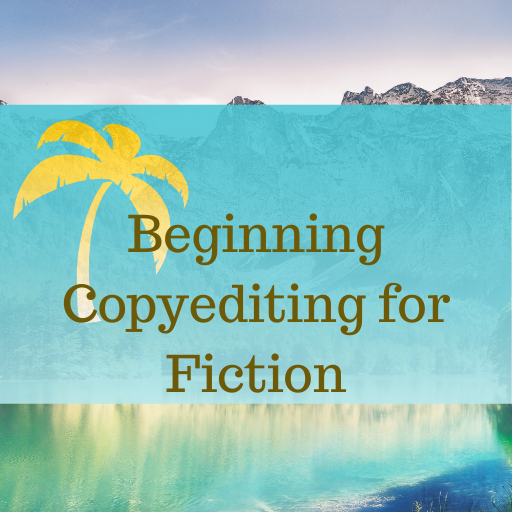Avoiding “Here’s How I Would Write it” as an Editor
Have you used the “here’s how I would write it” editorial query?
In making editorial suggestions, editors sometimes drift into “here’s how I would write it” territory, which is something I discourage. Authors don’t care what you would have done. They want to learn what they can do that will make their manuscript better.

What “Here’s How I Would Write It” Means
First, let me quickly say here that providing solutions to manuscript problems is not by itself saying, “Here’s how I would write it.” What I mean by “here’s how I would write it” is imposing your own preferences on the manuscript or trying to prove your knowledge by making suggestions that don’t materially improve the ms.
For example, if you’re uninterested in bull riding and the protagonist of the novel you’re editing is on the rodeo circuit, it’s not okay to say, “To solve the problem with setting, move the story to Manhattan and make the protagonist a book editor.”
Showing off your knowledge is a type of “here’s how I would write it.” I’ve seen editors remark things like, “These kinds of cars can travel four hundred miles on one charge! Maybe you should work that into your story.”
Uh, why? If these kinds of cars can travel four hundred miles on one charge and the author has them going six hundred miles on one charge, then it would be fair to include a fact-checking query. But a query just to display your knowledge is not okay.
Look to the Manuscript for Solutions
To be sure that our suggestions are not “you’re doing it wrong—here’s the way I would have written this book,” we have to be sure our suggestions are supported by the ms—in fact, it’s ideal if the solutions can be situated in the ms itself: “AU: Move this explanation to Chapter One” or “AU: Since Nicola is a magician, consider having her perform a card trick here.”
Of course, sometimes we do have to make up a solution—there really isn’t anything in the ms as it’s currently written that solves the problem. But we can almost always find elements in the ms to use. Often it’s just a matter of having the author bring them out more.
If an editor’s suggestions are along the lines of: “AU: This historical novel about Anne Boleyn would be so much more interesting if you turned all the characters into aliens and moved the action to Neptune” then of course the author is going to be annoyed.
But for the most part as long as suggestions are rooted in the ms itself, authors may or may not agree with them and may or may not follow them but they’re not likely to feel you’re trying to get them to write the story the way you would have written it.
I find that if I’m absolutely convinced that one answer is the only answer, that’s a sign that I’m trying to write the story the way I would have written it. When I can see several possibilities, that’s more likely to be my objective editorial eye.
Other Helpful Content
-
Editing Quest Novels
Authors often struggle to create compelling plots. They try to hit plot points (“turning point” “black moment” and so on) but without a solid sense of how structure works, their stories can feel formulaic and lifeless. It helps if you understand story patterns so that you can see where the story might be getting off…
-
Effective Scene Construction
A common structural problem you’ll encounter in fiction development is ineffective scene construction: A good scene includes the meat of a plot event – whether that event is an emotional discussion over coffee, a decision to take a certain action, or a foot chase across town – but not a whole lot more. Problems with…
Join the Club!
New to story editing? Begin at the beginning.



